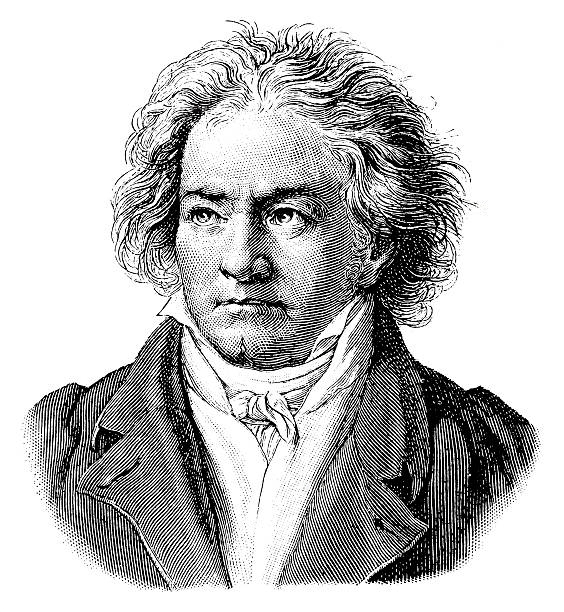Ludwig van Beethoven is one of the most famous and influential composers in history, notable for his iconic works such as the Ninth Symphony, Fur Elise, and Moonlight Sonata. However, his health issues have also been a topic of interest for many years, and the mystery surrounding his physical ailments has long been debated by scholars and biographers. Fortunately, recent advancements in genetic science have helped unravel the mystery of Beethoven’s health issues.
 DNA Analysis and Beethoven
DNA Analysis and Beethoven
Beethoven’s physical ailments have been a subject of interest for many years, and researchers have now used DNA strands from five locks of his hair to reconstruct the composer’s genome. The analysis revealed that Beethoven had several genetic risk factors for liver disease, including a variant of the PNPLA3 gene that tripled his risk of developing liver issues during his lifetime.
In addition, it was discovered that one of the hair strands had traces of the hepatitis B virus, which could have damaged the composer’s liver and further compounded his elevated risk. Beethoven’s alleged drinking habits would have further deteriorated his liver’s health. It is said that he consumed large amounts of wine and spirits, which would have contributed to his deteriorating health.
Beethoven’s Risk Factors
It is well known that Beethoven’s health was in decline in the years leading up to his death, and the DNA analysis has shed valuable insights into the composer’s physical ailments. His worsening physical and mental health, especially his liver issues, may be attributed to his heavy alcohol consumption. Heavy drinking could also have contributed to his hearing loss, which was also a significant issue in his later years.
Beethoven was also known to have suffered from gastrointestinal problems, which may have been caused by his irregular eating habits or the underlying liver disease. The composer was reportedly a picky eater and often skipped meals, which could have further aggravated his health issues.
Beethoven’s Life and Contributions
Ludwig van Beethoven was a German composer and pianist born in Bonn, Germany, in 1770. Considered one of the most brilliant and influential composers in history, he helped shaped the development of Western music. Despite his deteriorating health, he continued to compose masterpieces that remain timeless classics.
Beethoven’s creativity and artistic genius inspired countless musicians and composers of future generations. Even today, his music resonates with people from all walks of life, and his contribution to music continues to be celebrated and recognized around the world.
Conclusion
Beethoven’s life and contributions have been a subject of fascination for many, and the recent DNA analysis has shed valuable insights into the composer’s health issues. The analysis has helped us understand Beethoven’s deteriorating health and the potential factors that may have contributed to his premature death at the age of 56.
Despite his health issues, Ludwig van Beethoven remains an inspiration to many, and his melodies continue to stir the soul of listeners all over the world. The recent DNA analysis adds another layer of understanding to the legendary composer’s life and legacy, and his contributions to the world of music will be treasured for generations to come.


